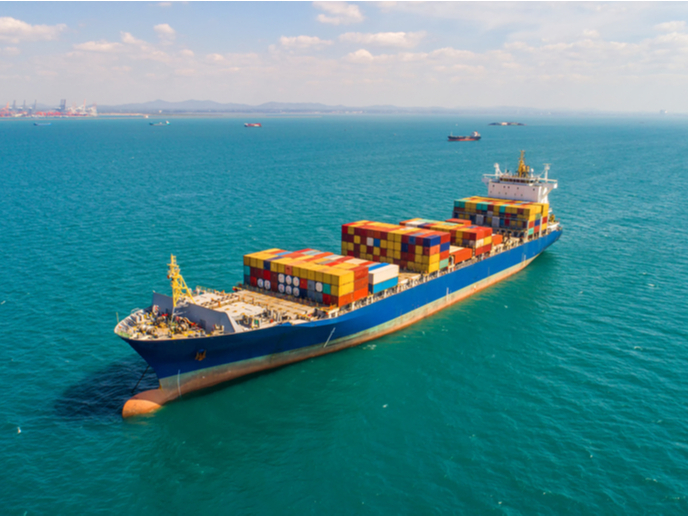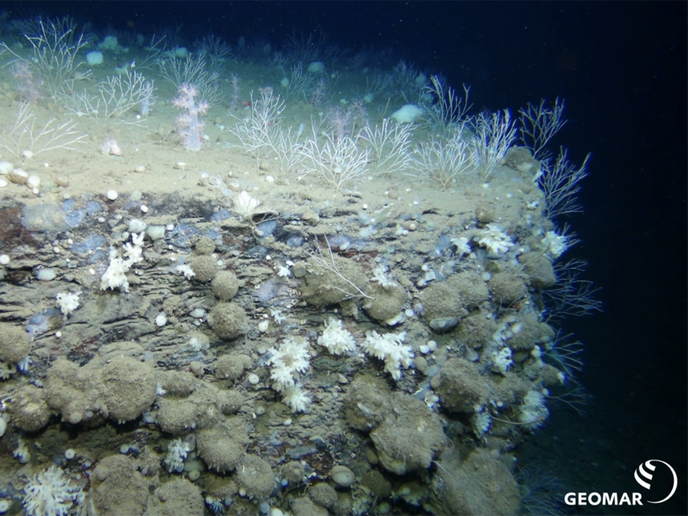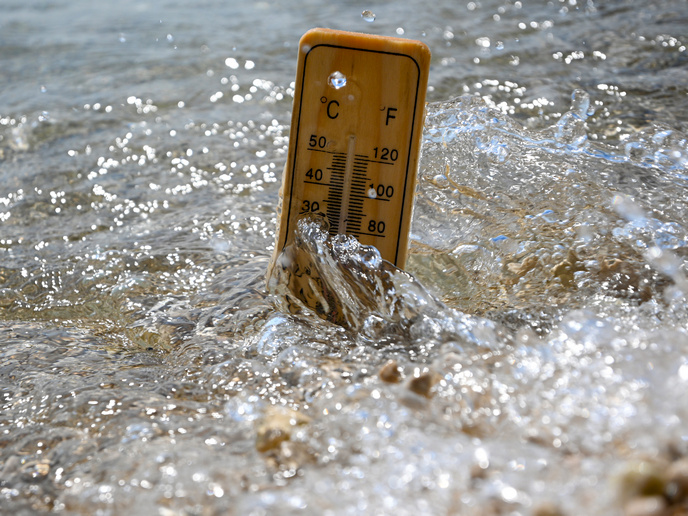Creating balanced, and sustainable, ocean policies
Maritime economic activity is increasing – and increasing fast. Not only are such traditional sectors as oil and gas and fisheries expanding, new economic activities are also coming onto the scene. From wind farms to deep-sea mining, these emerging sectors create both new opportunities and new challenges. “When planning maritime activity, policymakers have to not only balance the often competing interests of these sectors, but also protect the marine environment, mitigate the effects of climate change, guarantee energy efficiency and ensure the rights of local coastal communities,” says Seline Trevisanut, a researcher at Utrecht University and principal investigator of the ERC-funded SUSTAINABLEOCEAN (Accommodating New Interests at Sea: Legal Tools for Sustainable Ocean Governance) project. According to Trevisanut, it is crucial that all these interests go hand-in-hand with the relevant fields of international law. “Even if legal regulation is fragmented, these maritime interests are not – which means various legal regimes must work together,” she explains. “The question, however, is how the law can strike a balance between competing interests at sea and contribute to the sustainable use of our oceans – this is what the SUSTAINABLEOCEAN project aimed to find out.”
Initiating important debates
To answer this question, project researchers had two main objectives. First, they set out to develop a new line of research based on a theory of interest and regime interaction in ocean governance. “This helps us better understand how relevant legal frameworks interact, how we can resolve tensions between different frameworks, and how energy and climate change law are reshaping ocean governance,” adds Trevisanut. Based on this initial research, the project then developed reports and a database to help governments, industry, NGOs, local communities and other stakeholders sustainably govern ocean use. These tools have already contributed to several important academic debates on how to enhance the protection of the marine environment and how the law can contribute to fostering the sustainable transition of many maritime activities.
Challenging traditional thinking
In addition to the scientific and societal benefits of the project, Trevisanut says the research benefited her on a personal level. “It has been a very enriching experience for me to supervise my research team of three for the past 5 years,” she remarks. Trevisanut notes that a highlight was her earning a position as professor of international law and sustainability, an accomplishment she attributes to the success of the project. “Maritime activities and the law of the sea are often seen as highly technical and specialised and thus are seldom included in broader theoretical legal debates or discussed in their broader context,” concludes Trevisanut. “Our work challenged this traditional thinking, showing the added value of taking a holistic approach to maritime activities to ensure their sustainable transition.” The research team is currently working to publish the papers presented at the project’s final conference, along with developing further legal tools.
Keywords
SUSTAINABLEOCEAN, ocean policy, ocean governance, maritime, oil and gas, fisheries, wind farms, deep-sea mining, climate change, international law







